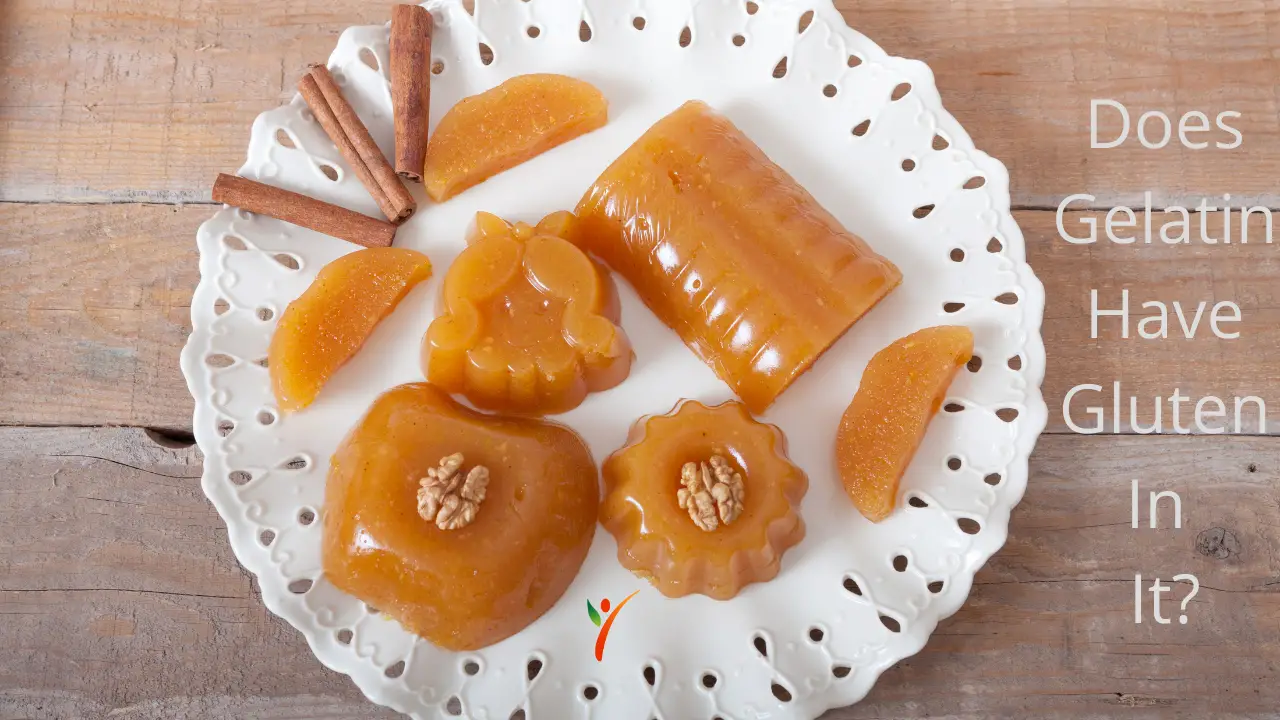

Though it may result in a slightly less jiggly dessert than traditional gelatin, it also won’t be melting in the sun as it holds up better under warmer temperatures. A popular alternative to traditional animal-derived gelatin, agar-agar is made from seaweed. The one thing they all have in common is that they do not require the suffering or death of animals on factory farms or in slaughterhouses as part of their production process. Vegan gelatin substitutes come in a wide variety of different forms with different origin stories. Gelatin is present in many of the most popular chewing gums on the market. Many soups, sauces, and gravies use gelatin as a thickening agent to achieve the desired consistency. Gelatin is used to create the soft outer casing of the capsule form of many common medications. Thankfully, vegan replacements are becoming more abundant making campfires everywhere a little more humane. Gelatin is what lends most marshmallows their trademark bouncy and airy nature. Gummy bears and other gummy candies frequently contain gelatin to give them their trademark chewy texture. Cream cheese is frequently mixed with gelatin to provide a fluffier, more bouncy product. Canned meats such as chicken and ham are likely to contain gelatin. Some frostings and icings use gelatin as a thickening agent. An aspic is made up of savory foods, primarily meats, that have been encased in gelatin, often in a mold or bundt pan. You might be surprised to find gelatin lurking in the list of ingredients of your favorite foods-it’s found its way into dozens of different sauces, desserts, and staples: The manufacturer is responsible to assure the safety and correct labeling of their products.Gelatin can be found in a wide range of different products. The manufacturer is responsible to assure the safety and correct labeling of their treats them differently from foods and drugs. Food and Drug Administration (FDA) does regulate dietary supplements however, it treats them differently from foods and drugs. That way, your doctor can check on any potential side effects or interactions with medications. In general, you should tell your doctor about any supplements you're taking, even if they're natural. If you take any medicines regularly, talk to your doctor before you start using gelatin supplements. We also don't know if gelatin supplements are safe in children and women who are pregnant or breastfeeding. So far there have been no reported cases of people getting sick in this way. Some experts worry that gelatin has a risk of being contaminated with certain animal diseases. We don't know how safe it is to take high doses of gelatin supplements. When eaten in foods, gelatin is considered safe by the FDA. Some people have allergic reactions to gelatin. Gelatin supplements can cause side effects such as: Gelatin is a common ingredient in foods and medications. Can you get gelatin naturally from foods? Ask your health care provider for advice. However, we need more research to know if gelatin is effective in either of these cases. In animal studies, gelatin supplements also reduced swelling caused by rheumatoid arthritis. Nonetheless, there is some evidence that gelatin could help ease joint pain in people with osteoarthritis. It wouldn't travel directly to your joints. The collagen in gelatin gets broken down when you eat it. The idea behind this usage is that eating gelatin (with collagen) will add collagen to your joints. That's a material in the cartilage that cushions the bones in your joints. Many people with arthritis take gelatin supplements. It's a common ingredient in a number of products, including: Gelatin is a protein made from the skins and bones of pigs and cows.


 0 kommentar(er)
0 kommentar(er)
